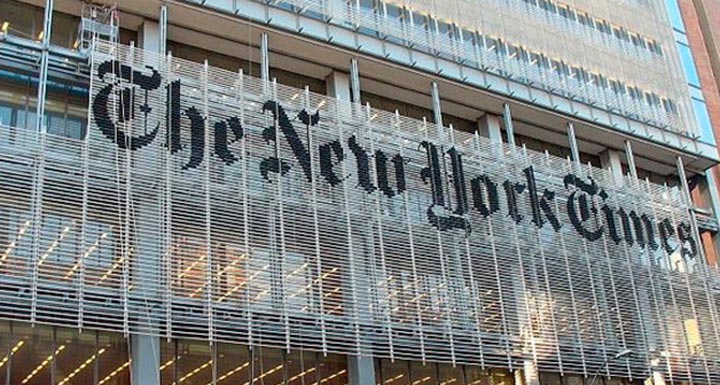
Dissonance
My Twitter feed is not exactly a scientific sample of anything, but it buzzed with unusual frequency last week over three editorials on Latin America published by theNew York Times. The Times‘ editorial board seldom writes about Latin America. Providing precious space to a region that has all but fallen off the American geopolitical and foreign policy map represents a welcome step.
Two of the three editorials dealt with Cuba. One made the case for Barack Obama to lift the embargo and restore diplomatic relations. The other praised Cuba’s disproportionate contribution to the fight against Ebola in Africa, and called on Washington to coordinate directly with Havana. Both Cuba editorials reflect what is now a broad, albeit mostly suppressed consensus in the Obama Administration. So kudos to the New York Times for pushing the White House to take steps that could well help Obama make history and define his legacy in Latin America.
Which is exactly why the third editorial, “South America’s New Caudillos,” struck such a dissonant chord — both in the twittersphere and among Latin American diplomats I’ve heard from. Written in the wake of Evo Morales’ landslide reelection, the column takes Latin American presidents to task for staying in office for too long. Fair point. But it also notes that Morales’ tenure has brought political stability, greater social inclusion, and notably, significant economic growth to a country long short on such gains. Despite global financial tumult, the very countries the Times laments for their “anti-American bombast” are also delivering (save Venezuela) a better quality of life to their citizens than in recent memory.
In this paradoxical environment the United States is coming to terms with far less influence than it once boasted. Back in the 1990s, free trade and security cooperation dominated Washington’s agenda regionally. Those myopic priorities — tone deaf about inequality’s drag on growth and about the failure of the drug war — actually helped drive Latin America into the more autonomous foreign policy space the region has now staked out.
Which brings me back to the dissonance. The Times‘ Cuba editorials correctly note that a breakthrough with Cuba would pave the way toward greater cooperation between Washington and the region. Yet the “caudillo” editorial laments the loss of American influence precisely because of the resulting damage to “prospects for trade and security cooperation.”
A major move by Obama on Cuba may well go a long way in dampening the region’s skepticism toward Washington. But neither will it create the conditions for a return to the kind of policy agenda the New York Time editorial board appears to expect. We do need cooperation on many fronts, not just trade and security. But the terms and conditions won’t look anything like they did in the 20th century.
This article was originally published in Portuguese in Folha de São Paulo. It is originally available here.
(From the: Huffigton Post)

